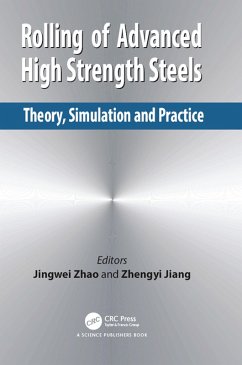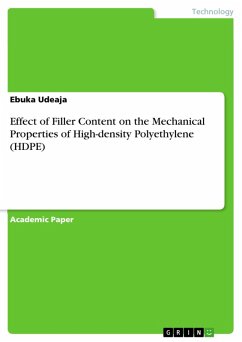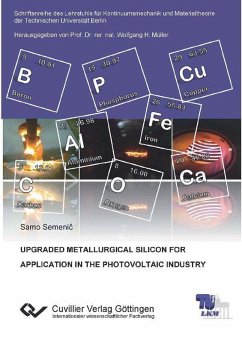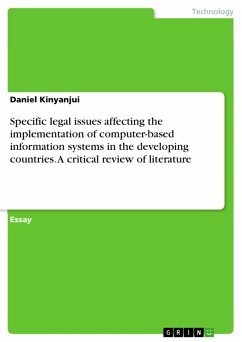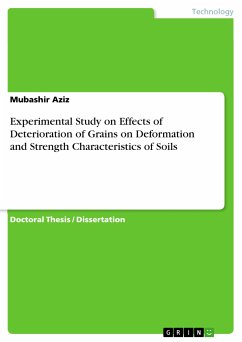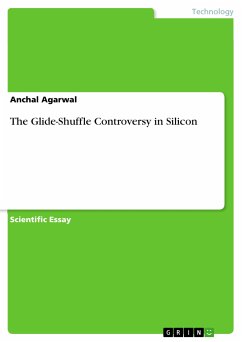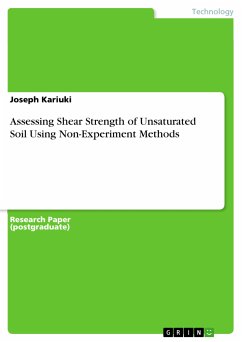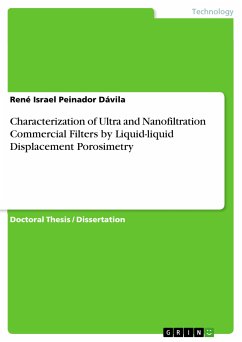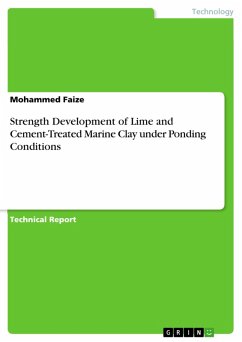
Optimization of the Critical Content of Tramp Elements in Ultra-High Strength Silicon Chromium Spring Steels through Thermomechanical Treatment (eBook, PDF)

PAYBACK Punkte
0 °P sammeln!
Today, most wire springs for automotive applications are made of high strength medium carbon silicon chromium steels. Apart from high strength and good ductility the SiCr steels exhibit good sag resistance. Conventional heat treatment does not exploit the maximum potential of existing steel grades. It is known that thermomechanical treatment results in a superior combination of strength and fatigue.
Impurity elements (e.g. phosphorous) and elements such as copper, which is introduced due to the increased use of scrap, can deteriorate the mechanical properties.
Within the framework o...
Today, most wire springs for automotive applications are made of high strength medium carbon silicon chromium steels. Apart from high strength and good ductility the SiCr steels exhibit good sag resistance. Conventional heat treatment does not exploit the maximum potential of existing steel grades. It is known that thermomechanical treatment results in a superior combination of strength and fatigue.
Impurity elements (e.g. phosphorous) and elements such as copper, which is introduced due to the increased use of scrap, can deteriorate the mechanical properties.
Within the framework of the presented doctoral thesis the effects of phosphorous, copper and tin on a SiCr spring steel were investigated for different process parameters. Based on systematic variation of chemical composition and process parameters an understanding of the final material properties as a function of the microstructure is developed.
The thermomechanical treatments proposed here improve the strength, ductility and fatigue at the same time. Because most industrial coil spring production is automatized, it is possible to integrate a forming step into the production, namely after austenitization and before coiling of the wire or rod to the coil spring. One of the proposed thermomechanical processes which was derived from the results presented in the present thesis was decorated with the steel innovation prize of the Steel Institute (see www.stahl-info.de*).
* full link: http://www.stahl-info.de/stahlinnovationspreis/stahlinnovationspreis_2006/preistraeger/barani_mpi/barani_mpi_3.htm
Dieser Download kann aus rechtlichen Gründen nur mit Rechnungsadresse in A, B, BG, CY, CZ, D, DK, EW, E, FIN, F, GR, HR, H, IRL, I, LT, L, LR, M, NL, PL, P, R, S, SLO, SK ausgeliefert werden.




